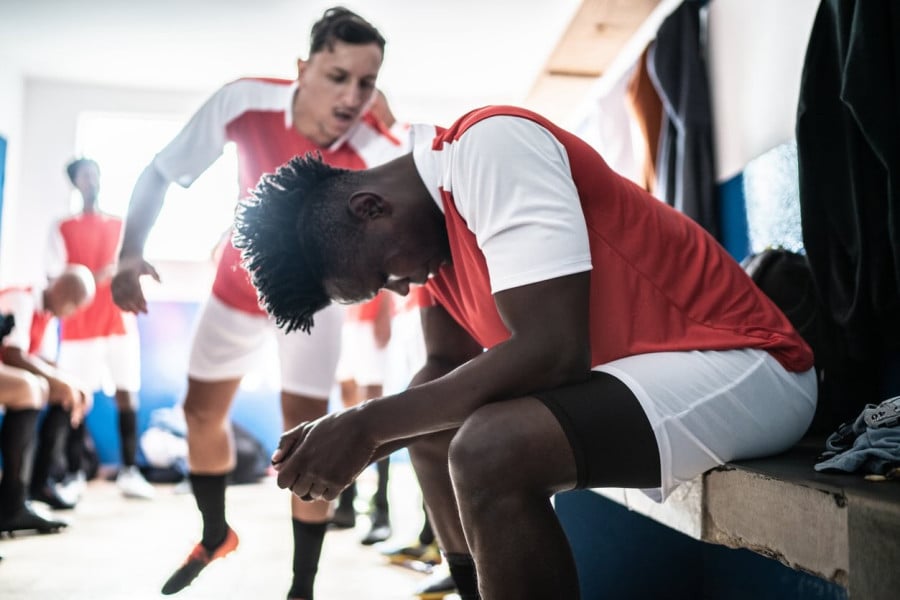‘Nobody asks the players’: Why FIFPRO are challenging FIFA’s international match calendar and expanded Club World Cup

On 16 September, Liverpool goalkeeper Alisson Becker expressed his opinion[1] – one he says is widely held by players – that the top-tier professional fixture calendar is now far too congested and that it’s affecting the ability of players to perform to their best. He also expressed frustration that players aren’t being consulted about the issue: "Maybe our opinion doesn't matter, but everybody knows what we think about having more games. Everybody's tired of that."
That sentiment is the backdrop to a legal challenge recently launched by FIFPRO Europe player unions to the legality of FIFA’s international match calendar (IMC).[2] FIFPRO argue that its scheduling violates the rights of players and their unions under the EU Charter of Fundamental Rights[3] (CRFEU). They also argue that the imposition of the IMC by FIFA is in breach of EU competition law, in that it is a unilateral and discretionary decision which is not the result of clear, objective, transparent and non-discriminatory legal frameworks as it argues is required by the Court of Justice of the European Union’s (CJEU) recent decision in European Super League[4] (ESL). They have asked a Brussels court to seek a preliminary ruling from the CJEU on these points, and together with leagues across Europe, are reportedly due to lodge a complaint with the European Commission,[5] challenging FIFA's IMC under EU competition law.
This represents the preliminary climax of the ongoing tensions between stakeholders regarding the scheduling and expansion of football competitions, particularly the newly expanded FIFA Club World Cup set to debut in 2025 (Club World Cup 2025). This is the latest, but unlikely to be the last, development in the trend towards the ostensibly increased applicability of competition law to sports following recent cases reinforcing that the actions and regulations of sports governing bodies are subject to EU competition law (which in essence means that their powers must be exercised by reference to a transparent, objective, and non-discriminatory framework). They also raise interesting, broader questions going beyond the world of sports, around jurisdiction, forum, and standing for EU claims with parties from both Member States and non-Member States, and practices having pan-European effects.
This article examines the case, looking at:
To continue reading or watching login or register here
Already a member? Sign in
Get access to all of the expert analysis and commentary at LawInSport including articles, webinars, conference videos and podcast transcripts. Find out more here.
- Tags: CJEU | Competition Law | EU Charter of Fundamental Rights | EU Law | European Union | FIFA | FIFA Club World Cup 2025 | FIFPRO | Football | Governance | Player Welfare | Regulation
Related Articles
- Advocate General questions whether FIFA Regulations are compliant with EU Law
- How Are Football Clubs Governed, Incorporated & Acquired In South Africa?
- How to value football players? Lessons from Newell’s Old Boys v AS Roma CAS Decision
- Competition Authorisation Rules: UEFA chooses Ireland as alternative seat for CAS arbitration



